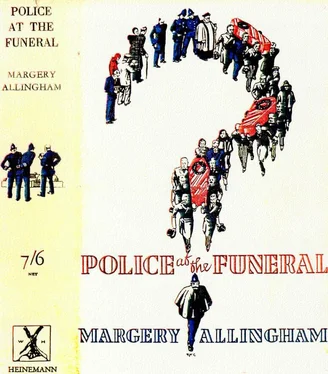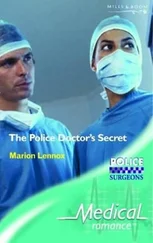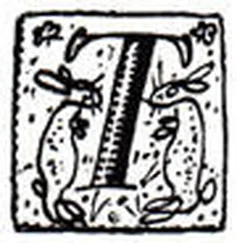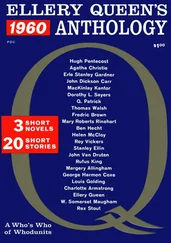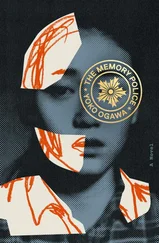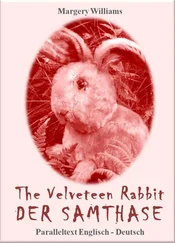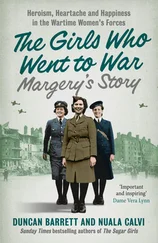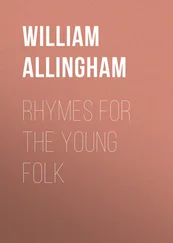'Not ingenious enough,' said the Inspector. 'These little extra stunts of his were all afterthoughts--little clever ideas he didn't want to waste. I say, look out, Campion. No blinding! It's a beautiful evening. Let's take our time.'
The young man slowed down obligingly. 'One more point and my mind will be at rest,' he said. 'Surely Uncle Andrew didn't go to church with a coil of rope, a revolver and a clock weight concealed upon him? Where did he hide them until he was ready for them? I understand how he got rid of his cousin. Uncle William is the kind of man who could be relied upon to jib at walking a couple of miles out of his way, and I should think Andrew was a past master at picking a quarrel with him. But where exactly did he put his paraphernalia?'
'In the shed by the river,' said the Inspector. 'I haven't dwelt on this point much, because I felt we ought to have noticed something, even if the scent was ten days' old. But I tell you in confidence we took a brick out of the river, and not one that belonged to the bridge, and I think that brick was the original weight intended for the revolver. But then the clock weight fell down in the middle of dinner and called attention to itself, so to speak. Obviously it occurred to him as being an improvement on the brick. Oh well, it's all cleared up now, but it's been a harassing month. I'm on quite a nice little job in Stepney at the moment. Clean case of coining. Seems like a breath of fresh air.'
Mr Campion did not answer, and presently, as they approached the outskirts of the City, the Inspector spoke again.
'You never would have thought it, would you?' he remarked. 'They seemed such nice people.'
But Mr Campion was lost in his own thoughts.
It was not until he was back at his own flat in Bottle Street, with Lugg hovering round him like an excited hen with a lost chick, that he remembered the package which Uncle William had thrust into his hand as he left Socrates Close. He took it out of his pocket now and began to unwrap it slowly. Lugg watched with interest.
'Another souvenir?' he said, dubiously. 'You'll have a job to beat that lot in the hall. You ought to have took me with you.'
'That's where you're wrong,' said his master feelingly. 'Be quiet a minute.'
'Touchy, ain't yer?' the big man protested.
Campion ignored him. He had removed the wrappings and there now lay revealed a small wooden box of Tunbridge Wells ware. He picked it up admiringly and lifted the lid. As he caught sight of the contents an exclamation escaped him, and Lugg, who was peering under his arm, was silent with respectful astonishment.
On a nest of quilted pink silk lay a heart-shaped miniature. It was a delicately lovely piece of work, the frame set with small rubies and brilliants.
On the ivory was a portrait of a girl.
Her sleek black hair was parted in the centre and arranged in small curls on either side of her face. Her dark eyes were grave and large, her small nose straight, her lips smiled. She was very beautiful.
It took Mr Campion some time to realize that he held an early portrait of Mrs Caroline Faraday.
This ebook is made available at no cost and with very few restrictions. These restrictions apply only if (1) you make a change in the ebook (other than alteration for different display devices), or (2) you are making commercial use of the ebook. If either of these conditions applies, please check gutenberg.ca/links/licence.html before proceeding.
This work is in the Canadian public domain, but may be under copyright in some countries. If you live outside Canada, check your country's copyright laws. If the book is under copyright in your country, do not download or redistribute this file.
Publisher's Note:
As part of the conversion of the book to its new digital format, we have made certain minor adjustments in its layout.
Obvious typographical errors have been silently corrected.
